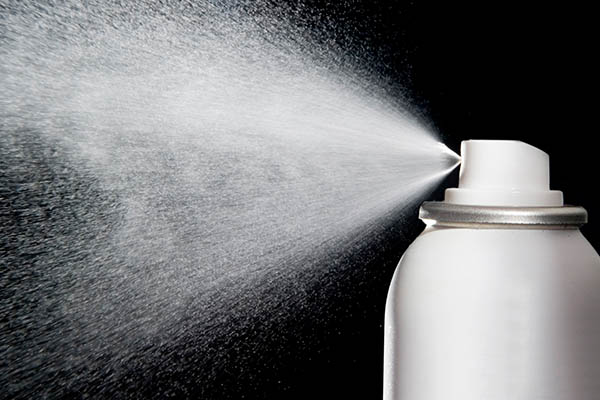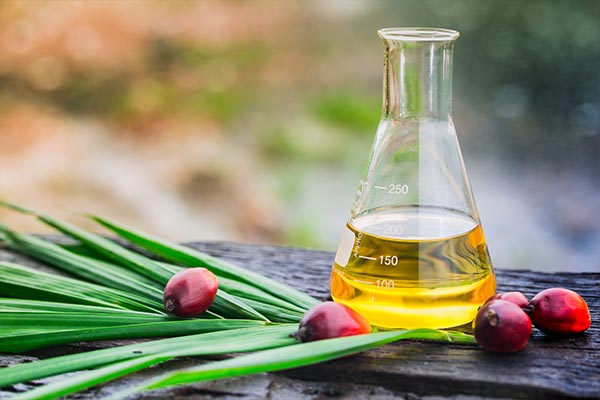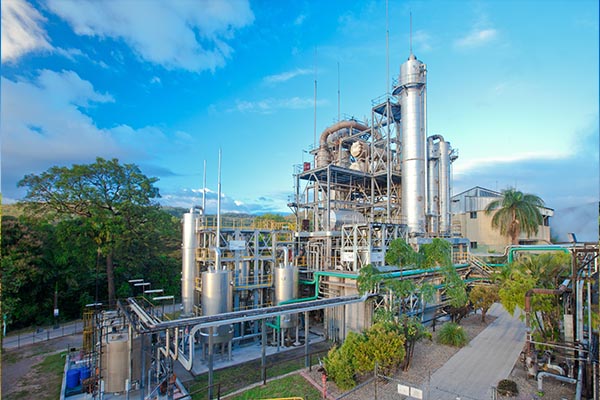Below you'll find answers to some of our most frequently asked questions. If you can't find the information you're looking for, please contact us.
-
Is Alcool safe?
When diluted as recommended and accompanied by appropriate handling procedures, Alcool brine systems are considered non-flammable and offer a safe way to maintain low temperatures. Alcool NF is non-flammable, even in concentrated form.
It’s worth noting however that aqueous solutions containing ethanol may give off flammable vapour and form flammable mixtures with air in certain conditions. According to Australian Standard AS1940 (The storage and handling of flammable and combustible liquids), brine solutions greater than 24% ethanol strength are considered flammable and may not comply with the Standard.
The Alcool range of products are flammable in concentrated form. Until diluted, Alcool products need to be stored and handled in accordance with AS1940. Please refer to the relevant Alcool safety data sheet and AS1940 for more information.
-
Can I mix another brine with an Alcool system?
An Alcool refrigeration system is specifically formulated to provide the correct proportion of coolant, corrosion inhibitor and leak detection dye to maintain your refrigeration at optimum levels over time.
Changing the proportion of any of these factors can create an unpredictable cocktail within your brine system, affecting the ability to solve refrigeration issues or causing corrosion problems over time.
-
Is Alcool compatible with my current system?
Our in-house laboratory can analyse a sample of your brine system and perform calculations to help transform unstable or flammable blends into stable, predictable and reliable Alcool brine systems.
Your Alcool system will contain the correct amount of coolant, corrosion inhibitor and dye to maintain your refrigeration at a temperature you require, while managing corrosion and leak detection over time.
-
How do I know if refrigeration brine has contaminated my wine?
Alcool products have a number of indicators that can be tested for when investigating whether you’ve had a leak from your refrigeration brine jackets. For leaks of Alcool LF and LFFG into wine, we suggest testing for propylene glycol and sodium nitrite. If using Alcool only, test for sodium nitrate.
We recommend contacting the Australian Wine Research Institute to analyse samples when a potential contamination may have occurred.
-
How can I test my wine for brine leaks?
Should a contamination of brine occur, we recommend contacting the Australian Wine Research Institute to have your wine sample tested.
Tel: 08 83 13 66 00 Fax: 08 83 13 66 01
Postal address Street address
PO Box 197 Wine Innovation Cluster
Glen Osmond SA 5064 Corner of Hartley Grove and Paratoo Road
Urrbrae SA 5064What to test for
Check for active ingredients in Alcool's dye and corrosion inhibitor, including:
• Rhodamine (if possible)
• Nitrites
• AzolesShould you require further information, please do not hesitate to contact us. Unfortunately our laboratory is not equipped to perform testing on wine.







